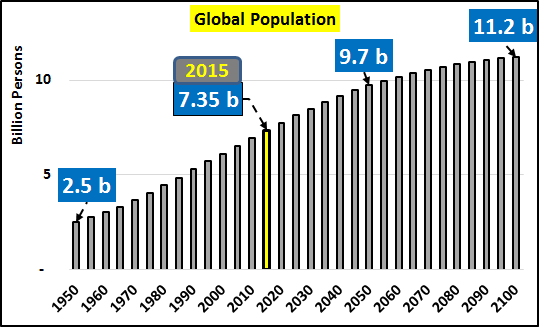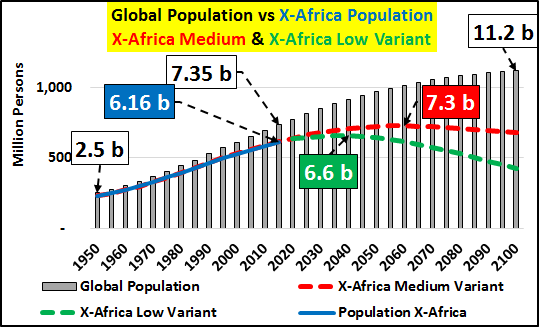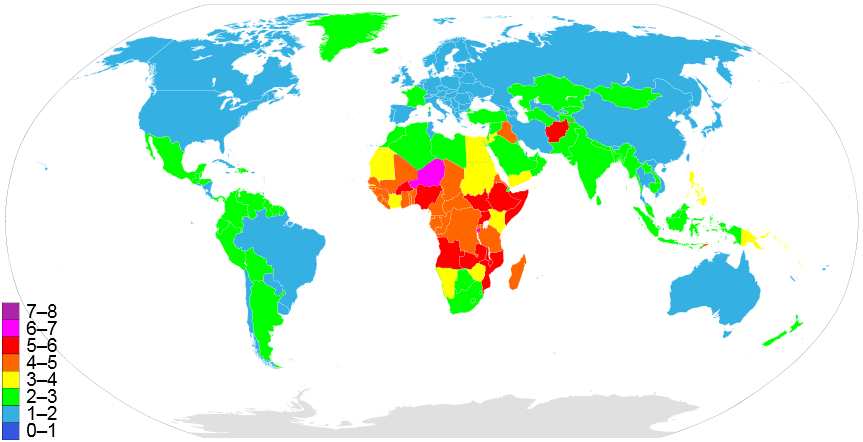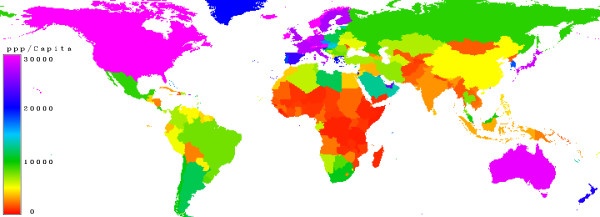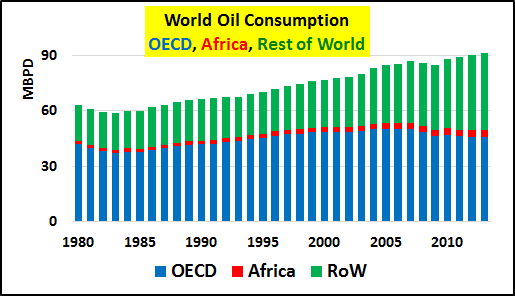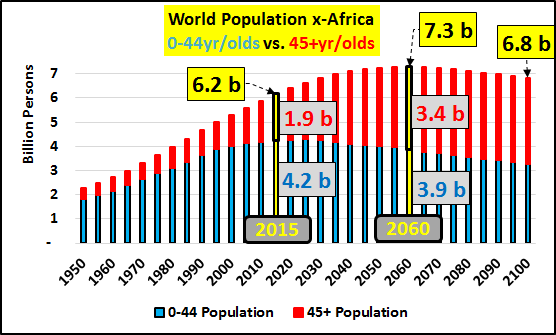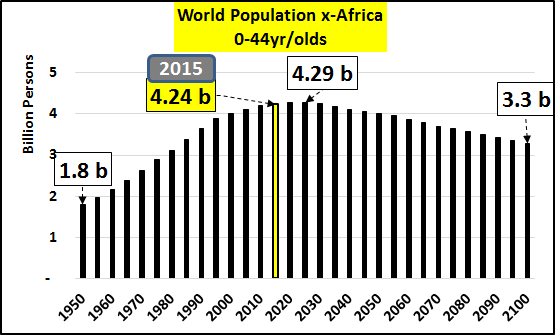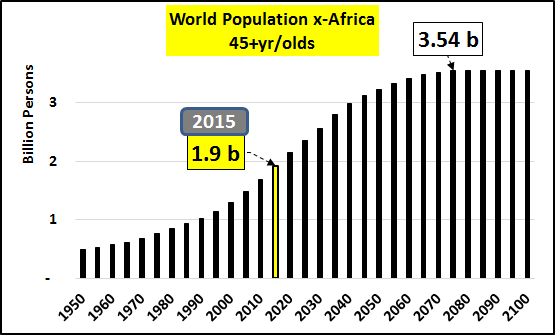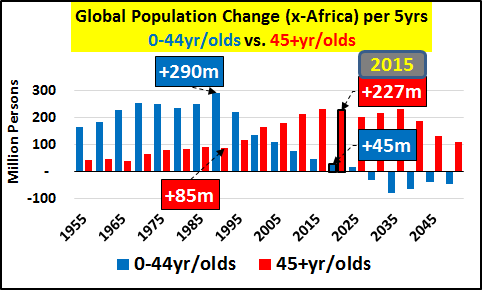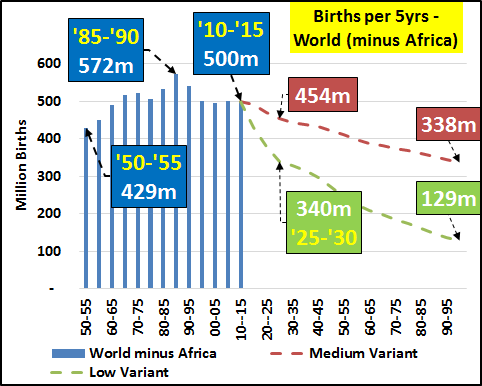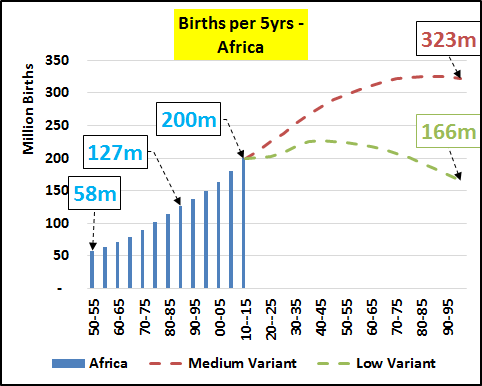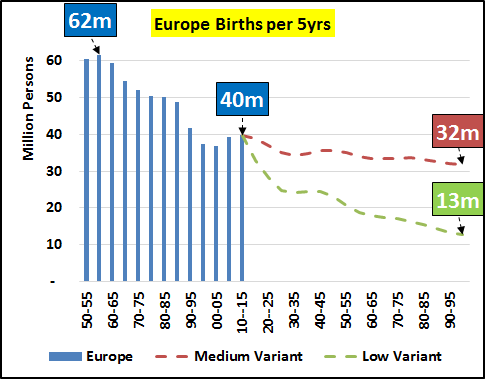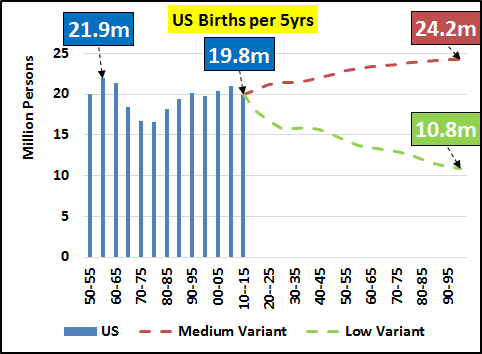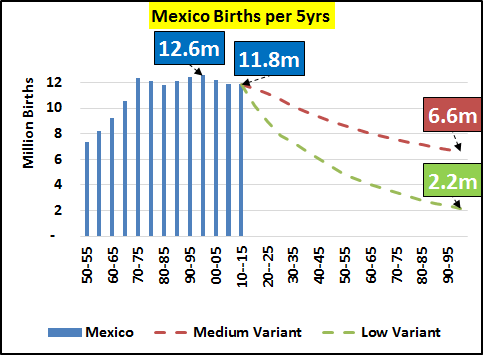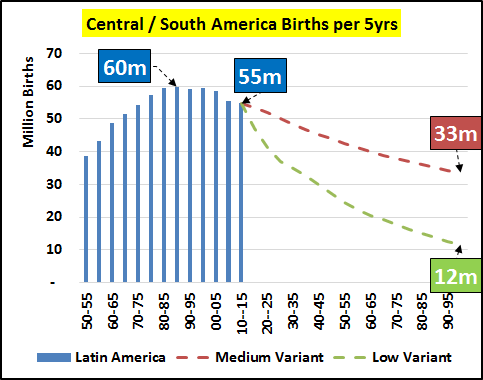Madame, Monsieur,
Dans cinq mois, en France, vous aurez le choix entre injecter 11 super-vaccins chargés d’aluminium à votre enfant, ou aller vous-même en prison.
Allez-vous laisser faire ça ?
11 vaccins vont devenir obligatoires dès 2018.
C’est Emmanuel Macron qui l’a décidé le 4 juillet – sans aucune concertation. Et sans savoir ce qu’un cocktail pareil peut produire sur un nouveau-né…
Macron a donné des ordres pour que la loi soit votée au tard le 24 juillet – la veille des vacances parlementaires.
Nous avons donc 15 jours pour lui barrer la route. Après, il sera trop tard. Nous devons donc agir aujourd’hui !
Ce n’est pas un hasard si Macron s’empresse de faire passer cette mesure (je vais tout de suite vous expliquer pourquoi).
Mais avant tout un avertissement : ce que je vais vous révéler sera très difficile à lire… mais vous sauverez peut-être la vie d’un de vos proches.
Il faut d’abord que je vous explique que…
L’obligation de prendre onze vaccins n’est que la première partie de leur plan !
Aujourd’hui seuls trois vaccins sont obligatoires en France pour les nourrissons (diphtérie, tétanos, polyomyélite). Ça fait déjà 9 doses (vaccins + rappels) injectées la première année de la vie du bébé…
Rien qu’avec ça, il faut voir comme une mère tremble en voyant le médecin piquer son nouveau-né. Elle sent bien qu’il peut se passer quelque chose de grave…
Mais avec onze vaccins, ce sont 25 à 40 doses qui doivent être encaissées par leur système immunitaire immature (avant l’âge de 18 mois, le système immunitaire du bébé n’est pas achevé).
C’est un cadeau à Big Pharma de plusieurs centaines de millions d’euros par an – selon la ministre de la Santé elle-même.
–> Or, personne à ce jour n’a étudié les risques d’injecter autant de vaccins en aussi peu de temps ;
–> Aucun scientifique ne sait ce que peuvent donner à court et moyen terme tant de vaccins, en termes d’allergies, de maladies auto-immunes, sclérose en plaque ou autre. Le Dr Jean-François Saluzzo, directeur de Production des vaccins viraux chez Sanofi avoue lui-même « On ne sait pas comment marchent les vaccins » [1].
Rendre obligatoires onze vaccins pour toute la population est un non-sens médical car les réactions à un vaccin sont strictement individuelles. Elles dépendent de l’état physiologique et de l’hérédité de celui qui le reçoit. Les effets secondaires éventuellement dommageables sont donc totalement imprévisibles.
Pourquoi Macron agit-il si vite ?
Qu’est-ce qui conduit Emmanuel Macron à donner les Français comme cobayes à Big Pharma ? Quelle est sa motivation secrète pour piétiner le Code Civil qui place au-dessus de tout le consentement libre et éclairé du malade ?
L’enjeu véritable de l’élection de 2017 révélé au grand jour
En réalité, cette folie vaccinatoire révèle la collusion entre Macron, des grands patrons et des hauts fonctionnaires sans scrupules.
Depuis des années le secret était parfaitement gardé.
Jusqu’à aujourd’hui…
Soyons clair : les personnes impliquées ne s’attendaient pas à ce que les détails de leur plan soient dévoilés.
Le premier coup de poignard de Macron
Depuis son élection Macron règne en petit dictateur. Le gouvernement est à sa botte. Le parlement est muselé. Il a la police et les tribunaux pour exécuter ses décisions. Les Français ne l’intéressent pas.
Pour des millions de Français qui ont espéré avec son élection, c’est la douche froide. Aucun débat, aucune modération, plus de dialogue entre le peuple et ses élus. Juste de la violence et du rapport de force.
On s’attendait à ce qu’il passe en force pour démolir le Code du Travail. Mais il fait pire : il s’en prend d’abord aux nourrissons.
On nous a fait miroiter une République « apaisée ». Il n’aura fallu que quelques semaines pour que les élites reprennent les armes contre le peuple.
Mais dans leur précipitation ils ont dévoilé leurs véritables intentions…
Et cette maladresse a révélé que…
Celui qui s’est installé à l’Elysée le 14 mai 2017 n’était pas le vainqueur d’une élection libre et régulière…
Mais le pantin d’un groupe de financiers et d’industriels.
Et 99,98% des Français ne connaîtront jamais cette vérité qui dérange…
La désignation de Macron – sans doute un des événements les plus importants de notre époque – a été organisée il y a dix ans à huis clos dans un palais de la République.
Comment le sais-je ? Je vais tout vous dire… mais laissez-moi d’abord me présenter.
Je m’appelle Bertrand Goteval. Je travaille pour une organisation dont le but est de surveiller les lobbys politiques, financiers et industriels qui font précisément ce genre de choses.
Je ne peux pas révéler mes sources, mais sachez simplement qu’un réseau d’initiés me donne accès exclusif à ce genre d’information.
Depuis 1990 ans nous avons découvert quantité de scandales… mais jamais quelque chose d’aussi ÉNORME.
Nous risquons beaucoup en publiant ce appel aujourd’hui. Mais c’est mon devoir de lanceur d’alerte pour défendre notre démocratie sanitaire et notre modèle social.
Ça fait des années que nous sommes à leurs trousses… en collectant tout ce qu’ils disent, en vérifiant les faits, en croisant les sources et en accumulant une montagne de preuves…
Il est encore temps d’arrêter cette tragédie en rejoignant notre grand mouvement populaire. Il nous faut au moins un million de signatures d’ici 15 jours. Tout indique que Macron veut profiter de la torpeur de l’été pour faire voter sa loi sur les vaccins.
Or le Parlement est en vacances le 24 juillet. Il est encore temps de barrer la route à cette confiscation de notre liberté de soin.
Signez et partagez le plus largement cette pétition contre les 11 vaccins obligatoires, en transférant ce message, en le partageant sur Facebook ou sur tout autre réseau social, par tout moyen à votre disposition.
Moi-même je n’ai pas voulu croire qu’une chose pareille puisse arriver en France en 2017
En fait pendant mon enquête j’ai découvert les preuves d’une organisation qui tire les ficelles derrière le décor…
Autour de Macron on trouve les principaux oligarques français, tous propriétaires des grands médias :
Xavier Niel et Pierre Bergé (Le Monde), Dassault (Le Figaro), Bernard Arnault (Le Parisien), Lagardère (Paris Match, Le Journal du Dimanche), Mathieu Pigasse (Les Inrockuptibles, Huffington Post)… Mais aussi Denis Olivennes (Europe 1), le milliardaire Patrick Drahi (SFR-Numéricable), Martin Bouygues (TF1), Bolloré (Canal+), et bien d’autres.
Ses autres soutiens préfèrent l’ombre à la lumière, mais ils sont encore plus puissants.
La République aux mains des laboratoires pharmaceutiques
Remontons rapidement en arrière :
En 2002 Macron se lie au richissime Henry Hermand. Cet homme de réseaux et d’influence, proche du PS, fait entrer Macron dans le monde fermé du grand patronat français.
À sa sortie de l’ENA en 2004 Macron devient le protégé de Jean-Pierre Jouyet, le tout-puissant parrain de l’Inspection des Finances – la clé de voûte de la technocratie française ultralibérale.
C’est l’année 2007 où le destin de Macron est noué… à jamais :
Des amis puissants qu’il faut récompenser… maintenant !
En juin 2007 le président Sarkozy confie au jeune Macron la co-rédaction d’un projet de purge ultralibérale pour notre pays… Aidé de Jacques Attali, Macron met immédiatement dans le coup quarante-deux grands patrons, industriels, financiers et énarques.
C’est lors de ces réunions que Macron devient l’intime de Serge Weinberg, le président du géant de la pharmacie Sanofi. Son amitié avec Bernard Spitz (Fédération Française de l’Assurance) date du même moment.
La pharmacie et les assurances… vous voyez qu’il n’y a pas de hasard pour l’argent.
Parce qu’avec la privatisation de la Sécu on leur promettait d’empocher 10 milliards d’euros – dans un premier temps !
(Oui, un 1 suivi de 10 zéro.)
Nous savons comment l’histoire s’est terminée à l’époque :
Ces plans ont été tués dans l’œuf début 2008 et les amis de Macron n’empochèrent pas leurs gains – ce n’était que partie remise…
Cet échec n’a pas découragé Macron. Au contraire son goût pour le pouvoir est devenu insatiable…
En 2008 grâce au puissant Serge Weinberg, Macron entre dans le saint des saints de la haute finance internationale : la banque Rothschild.
Chez son puissant employeur, Macron prend soin des intérêts du laboratoire pharmaceutique américain Pfizer (au détriment de notre champion français Danone).
Je saute d’autres épisodes effarants quand il était au Ministère de l’Économie.
À chaque étape de sa campagne présidentielle j’ai reconnu la main de tel magnat de la presse, de tel financier ou de tel marionnettiste du pouvoir…
Ils ont fait la carrière de Macron
… avec son approbation PLEINE ET ENTIÈRE.
Tout au long de ces dix dernières années, ces hommes étaient présents à chaque étape de son ascension vers le pouvoir…
… pour bouger les pions sur l’échiquier du pouvoir
… pour écarter les gêneurs sur son chemin (Mélenchon, Hollande, Fillon, Le Pen)
… sachant qu’en 2017 – une fois le « prince héritier » à l’Elysée – il leur renverrait l’ascenseur.
Exactement : en échange de l’Elysée sur un plateau d’argent, il leur confierait les clés du système de santé français… avec d’immenses profits à la clé.
Jackpot pour les labos !
Pourquoi se priveraient-ils ? Les caisses de l’Etat sont ouvertes pour eux. La combine a parfaitement marché. Avec la vente forcée des nouveaux vaccins, les bouchons de champagne vont sauter dans les bureaux des labos.
Mon expérience m’a montré que les amis d’Emmanuel Macron sont rusés et dangereux…
Ce sont des hommes de l’ombre, hauts fonctionnaires, banquiers, industriels, grands patrons… on trouve même des responsables syndicaux.
Ils ont placé des personnes de confiance aux postes clés :
- Le Président du Comité de Vaccination, le Pr Alain Fischer est en lien étroit avec le laboratoire Sanofi dont il a reçu en 2013 le Prix “Sanofi-Pasteur”;
- La ministre de la Santé, Agnès Buzyn, a reconnu dans le journal Le Parisien que « les industriels allaient gagner de l’argent avec cette mesure ». On parle de 110 à 120 millions €/an ;
- Elle était au Conseil d’Administration (« board ») de deux laboratoires très impliqués dans les vaccins, Novartis et Bristol-Meyers Squibb, et à ce titre indemnisée de 2009 à 2011 ;
- Le directeur de cabinet du ministre de la Santé Gilles de Margerie était un des patrons du groupe privé de protection sociale Humanis – ce qui n’a rien pour rassurer sur l’avenir de la Sécurité Sociale universelle.
- Certains ont été démasqués et ont dû quitter la scène, comme le cardiologue Jean-Jacques Mourad, présenté en février comme un des initiateurs du programme santé d’Emmanuel Macron, qui avait bénéficié de nombreuses prestations auprès du laboratoire Servier.
Leur habileté est diabolique. Ils passent en force, ils infiltrent la République, ils utilisent tous les moyens de l’Etat pour parvenir à leurs fins… et c’est eux qui accusent leurs contradicteurs d’être des extrémistes, des fanatiques et des excités !?
Ne vous laissez pas faire. Signez et faites signer la grande pétition d’urgence !!!
Les vrais fous-furieux sont au gouvernement !
L’autoritarisme d’Emmanuel Macron devient inquiétant pour la liberté dans notre pays. Même les médecins changent d’avis : « Là, ça fait trop de vaccins » entend-on dans les réunions locales…
Le Conseil Scientifique du Collège National des médecins généralistes enseignants (CNGE) a fait connaître son point de vue : « il n’y a aucun élément scientifique pour attester que cette mesure aboutisse à une meilleure protection, notamment pour les enfants. Il est à craindre que son caractère autoritaire renforce la défiance et la suspicion d’une partie croissante de la population ».
Où sont donc les forcenés ? Ils sont dans les palais de la République, à vouloir vacciner tous les nourrissons contre l’hépatite B – quitte à provoquer la sclérose en plaque. Justement ce 21 juin 2017, Sanofi a été condamné par la Cour de Justice Européenne pour avoir provoqué la mort par sclérose en plaque après une vaccination contre l’hépatite B !
Sans parler des conséquences dramatiques de l’aluminium, du brome ou du mercure contenus dans les vaccins pour humains. Les animaux sont mieux traités : on a retiré ces poisons des vaccins vétérinaires !
Et Macron exige que vous obéissiez aveuglément aux injonctions des autorités même si cela implique d’empoisonner vos enfants, même si ça provoque des maladies encore plus graves… Et gare aux parents récalcitrants : des administrations menaçantes sont prêtes à leur retirer leurs enfants s’ils refusaient la tyrannie vaccinale du gouvernement.
Un sursaut démocratique !!
La ministre de la Santé actuelle est pressée. Elle veut contourner la décision impérative du Conseil d’Etat qui lui impose de mettre en place dans les pharmacies de métropole et outre mer le fameux vaccin trivalent DTP avant le 8 août 2017.
Une seule solution : faire voter en plein été une loi imposant les onze vaccinations. Nous allons lui barrer la route.
Le gouvernement n’a pas le droit de démolir la confiance à peine reconstituée.
C’est pourquoi nous devons être les plus nombreux et le plus vite possible avant les vacances parlementaires le 24 juillet !
Les prises de conscience individuelles sont importantes, mais face aux forces de l’argent qui ont porté Macron au pouvoir, elles ne pèsent rien.
Il faut une action citoyenne groupée, et faire monter au maximum le compteur de notre pétition !
N’ayez aucun doute : aucun gouvernement ne résiste à la pression populaire. La tentation de passer en force fléchira face à notre mobilisation.
Je ne demande rien d’autre de votre part que d’ajouter votre nom à la liste des opposants à l’injection forcée des onze vaccins.
Signez pour vos enfants, vos petits-enfants, pour que notre pays ne tombe pas entre les mains de Big Pharma.
C’est notre dernière chance de rétablir une République impartiale et exemplaire.
Sinon dans moins de trois semaines, les jeunes parents français paieront une rougeole (maladie bégnigne chez des enfants bien nourris) de deux ans de prison.
Je vous remercie d’avance.
Bertrand Goteval









 ;-)
;-)





























































![[Europe-hiver.jpg]](http://4.bp.blogspot.com/_9ROxT7kEIAo/ShKiYeb27HI/AAAAAAAAAIk/Bpt3SIIT55A/s1600/Europe-hiver.jpg)
 What if the greatest scam ever perpetrated was blatantly exposed, and the US media didn’t cover it? Does that mean the scam could keep going? That’s what we are about to find out.
What if the greatest scam ever perpetrated was blatantly exposed, and the US media didn’t cover it? Does that mean the scam could keep going? That’s what we are about to find out.


